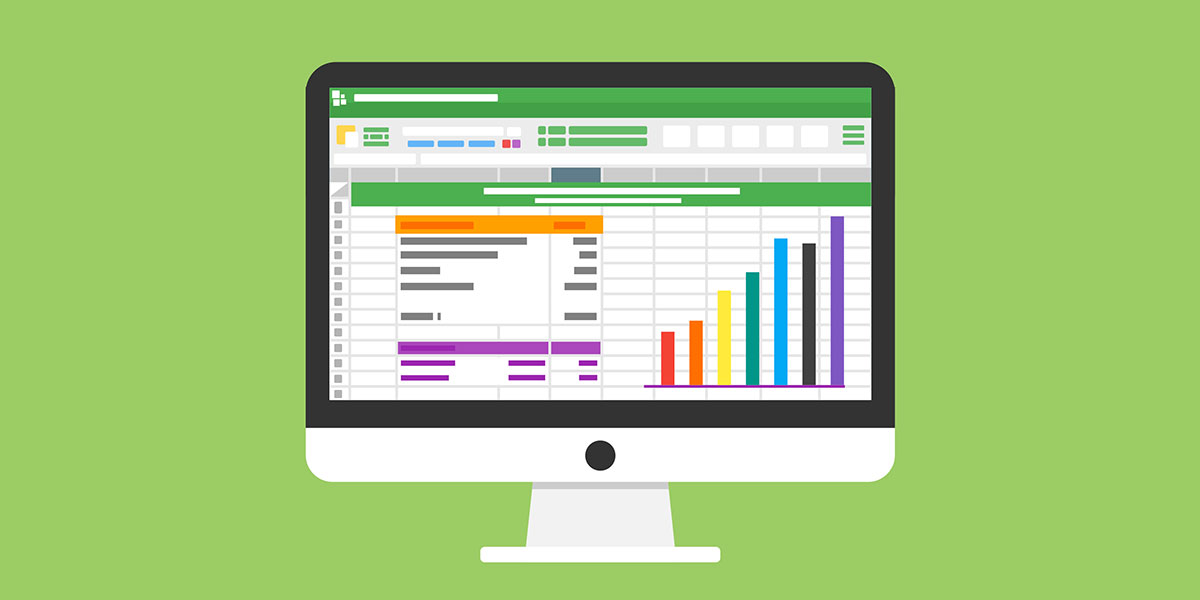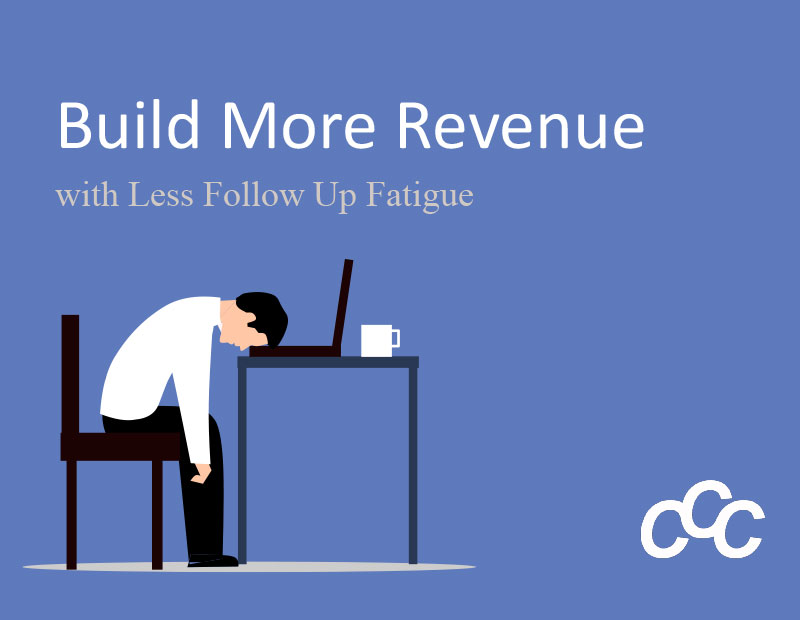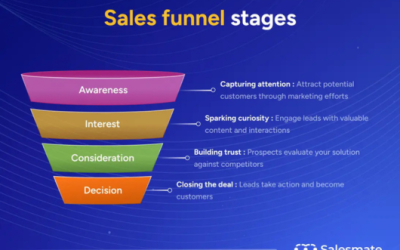There is an acronym that is often used in marketing and sales. It is KPI. Many of us know what KPI means, but do we understand how to use KPI to help us increase leads, sales, and action?
KPI stands for Key Performance Indicator. A KPI is a measurable value that reveals the effectiveness of objectives towards a business goal. The outcome of the KPI helps a company make smart business decisions. KPIs are often used in tandem with analytics tools like Google Analytics, Crazy Egg, and Adwords. You also can use your CRM to measure your success in reaching your KPIs.
Your CRM is a tool that you use to collect and manage customer and prospect data. It is also an effective way to analyze your business objectives. In some ways, it is more important to analyze the data in your CRM than Google Analytics, because your CRM will tell you if you are attracting the best leads and if they are engaging with you.
Let’s look at a couple of examples to give you an idea of how you can use your CRM to see if you are meeting your KPIs.
Example #1: Double the number of contacts
You have 7,000 contacts and you want to reach 14,000 contacts in 6 months. To gain new contacts, you have different avenues to attract them including email, website, events, and meetups. You can use your CRM to see which avenue is performing best and which one needs work. With the areas that need work, you can reevaluate your content and its delivery based on your CRM data so that you can increase sign-ups.
Example #2: Increase engagement at hosted meetups
Let’s say you are conducting meetups in a metro area. Your KPI is to increase meetup attendance by a certain percentage that you host. You can look at each meetup attendance in your CRM and see which ones are growing. Why is a meetup growing in one city, but not another? Is it a day of the week? Time of day? Maybe the interest is not there, but you are seeing increased interest elsewhere? Your CRM can help you determine if you need to continue to put effort into an area or shift it to another day, time, or location.
Example #3: Schedule 5 online demos per week
You have a product that when you demo it, the customer is most likely ready to purchase on the spot. You are averaging 2 demos a week but would like to increase it to 5. Look to your CRM to see if you are meeting this KPI and what you can do to improve your success rate? What time of the day do you close sales the most? When you reach out to schedule a demo, when are they most likely to respond? What days of the week are inconvenient to those considering your product? Your CRM can tell you all of this and help you make smarter decisions when engaging with your customers and leads.
These are just a couple of examples to help you start thinking of ways you can use your CRM to know if your KPIs are being met.
What are your KPIs? How are you using your CRM to measure the outcome? If you answer “I don’t know” to one or both of the questions. We would love to talk to you and help you get on the path of increasing your revenue and business goals through the use of KPIs and your CRM. Please take a moment to email us at jonr@cccsolutions.com or call us at 301-332-0613 to schedule a time to have a conversation.





